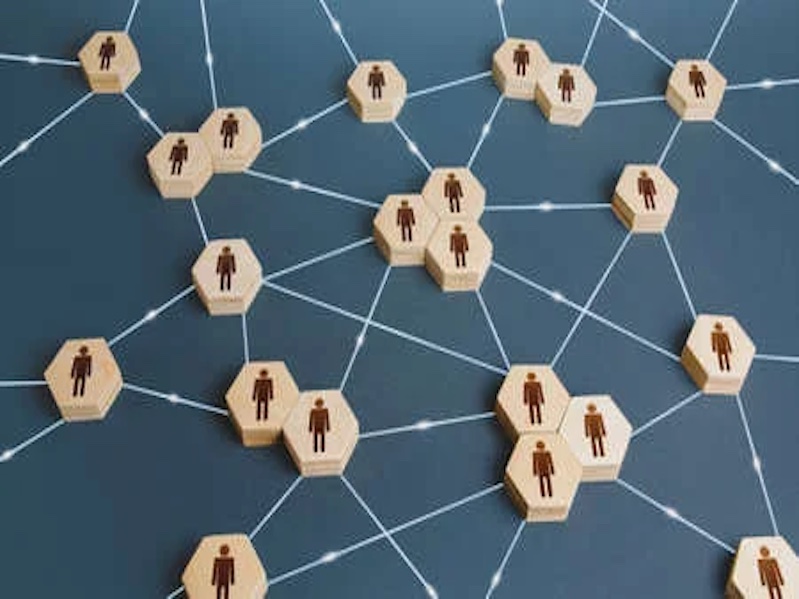What is DAO?
If you hang out in the Web3 world, you will undoubtedly hear about DAOs and DAO tokens. Typically, it’s something like, “And a DAO token is coming…” So, let’s hop into DAOs.
DAO stands for Distributed Autonomous Organization. At its core, it is rethinking the concept of ownership in a distributed world. While historically, an organization had a formal structure such as a C-corp or LLC, the ownership could then be distributed if it went public, and stockowners would have certain rights, and vote on certain matters (board membership, etc.). However, this is very much a 20th century model, and shows the constraints of the 20th century world. In a time when a vote took months, and by mail, it was not at all possible to get significant input or authorization from shareholders for anything beyond the annual or infrequent requests.
In a DAO, the concept of ownership shifts. The DAO holders will have rights that extend far beyond what a typical shareholder has. And, for many Web3 companies, this is important. For example, if a Web3 company wants to create a protocol that allows anyone to bridge to Ethereum at faster speeds/lower costs (and there are many such efforts), one obvious problem is that if it is a proprietary way to do such, many organizations will fear becoming trapped having to use the protocol and any changes or restrictions could be done arbitrarily without any input. We have seen this in the Web2 world, where companies will drop support for certain technologies or make changes that help/hurt various organizations.
In a DAO world, all such efforts are controlled by the community. Any changes or updates would have to go through the community. Hence, many more organizations will be willing and desiring to work with the protocol, without the fear of an arbitrary, or competitive challenge. So, even competitors can come together for mutual benefit, without worrying about eventually becoming too dependent.
In addition, many of the challenges that we see in the world, such as the concentration of wealth when a company is able to form a monopoly, or near monopoly on a market could in theory be changed with the DAO. The DAO owners could decide to simply lower prices and give the users more benefit, or something similar, changing from a “grow shareholder value,” to “do what the shareholders want.”
There are many types of DAOs proposed for various organizations — which makes sense, as there are many types of LLCs, C-Corps and common structures (e.g., a law firm is set up in a common way, a venture capital firm in a different way, a software company, etc.). This is still very new, and people are still figuring out optimal types of DAOs, and tools to enable and operate as a DAO. In a legal sense, there is new legal innovation, currently led by Wyoming, which has created an LLC-DAO hybrid type organization.
Stay tuned for the next post as DAOs develop and more on how they have also been used for liquidity and what a DAO means for Concert.





